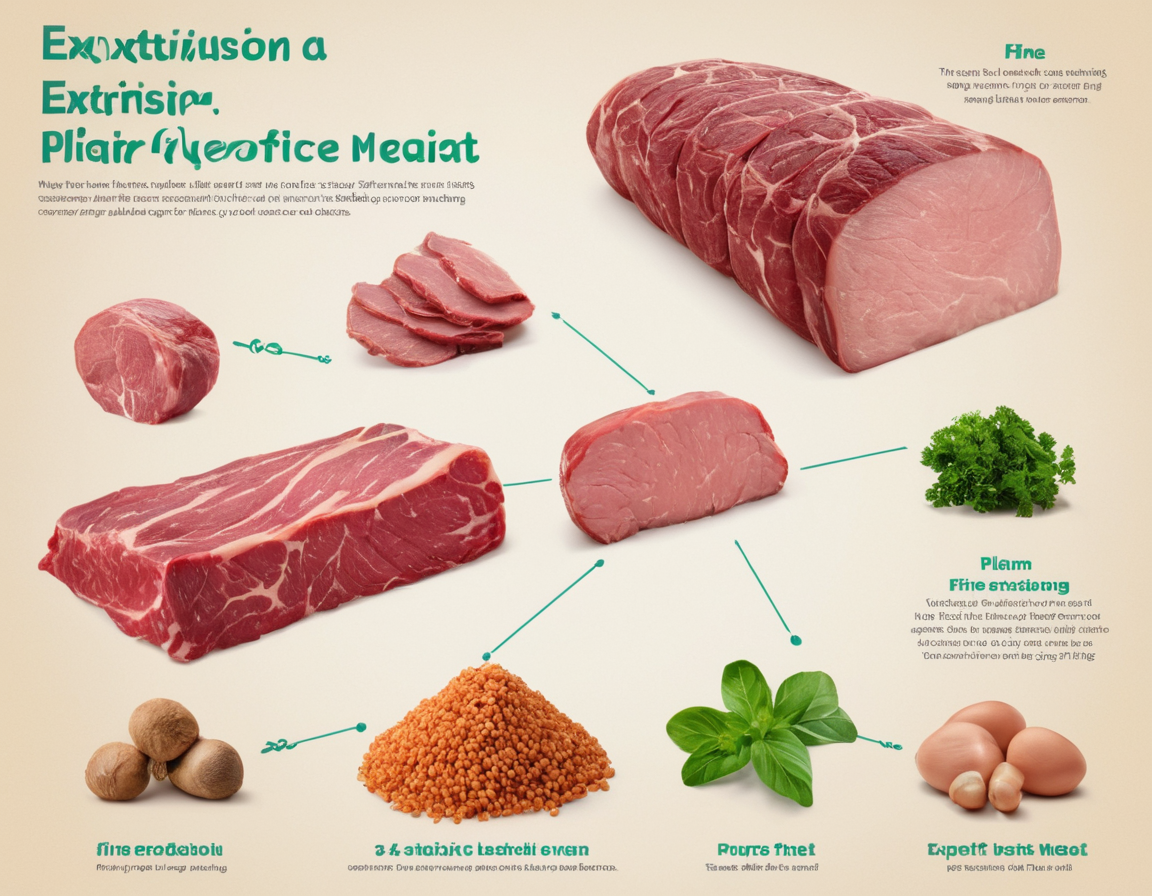Pioneering Sustainability: The Rise of Plant-Based Meats
The Future of Food: Understanding Plant-Based Meats
With concerns about health, the environment, and animal welfare growing, the plant-based meat industry is experiencing unprecedented growth. Companies are now producing plant-based meat alternatives that are not only healthier but also indistinguishable from real meat in flavor and texture. Let’s dive into what this means for the future of our plates and planet.
What is Plant-Based Meat?
Plant-based meat is created from plants to mimic the taste, texture, and appearance of animal meat. It aims to provide a sustainable, ethical alternative to traditional meats while still giving consumers the experience of eating meat. 
Why is Plant-Based Meat Gaining Popularity?
- Health Benefits: Plant-based meats are made from legumes, grains, and other vegetables, offering a high-protein alternative with less saturated fat.
- Environmental Impact: Traditional animal farming is resource-intensive and a significant contributor to greenhouse gas emissions. Plant-based meats offer a lower carbon footprint.
- Animal Welfare: Consumer awareness about the conditions in which animals are farmed is leading to a search for cruelty-free alternatives.
The Science Behind Plant-Based Meats
Food scientists have developed methods to recreate the texture and flavor of meat using plant proteins. This often involves extrusion, a process that heats and pressurizes plant material to create a fibrous, meaty texture. 
The Market and What’s Next
With large fast-food chains and supermarkets now carrying plant-based options, availability is no longer a niche market. Investors are taking notice, and the industry is ballooning. Future innovation is aimed at improving taste, reducing cost, and expanding the variety of plant-based options.
Call to Action
Interested in making a change to your diet or just curious about plant-based meats? Try incorporating them into your meals once a week and explore the variety of flavors and recipes available. 






